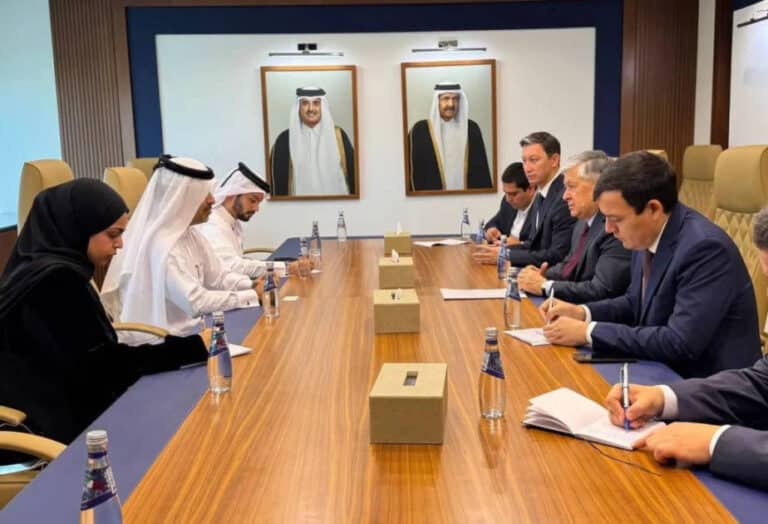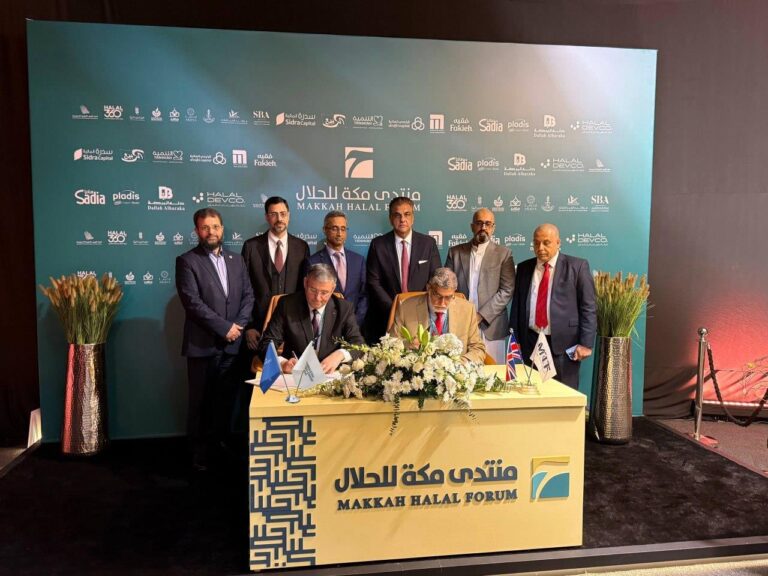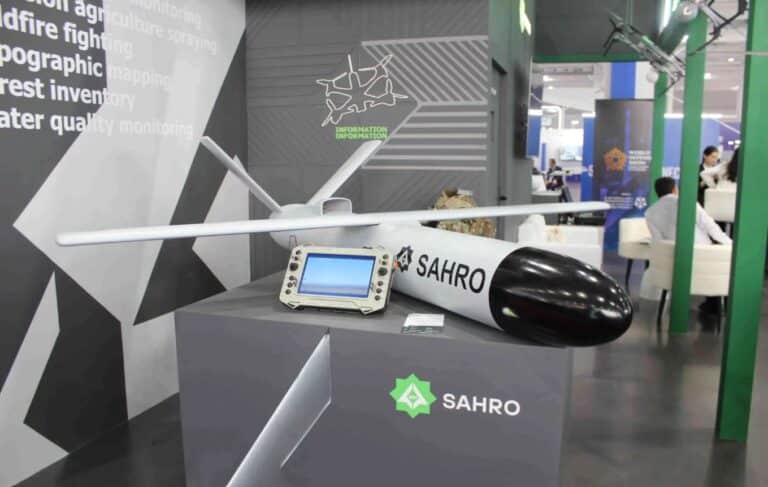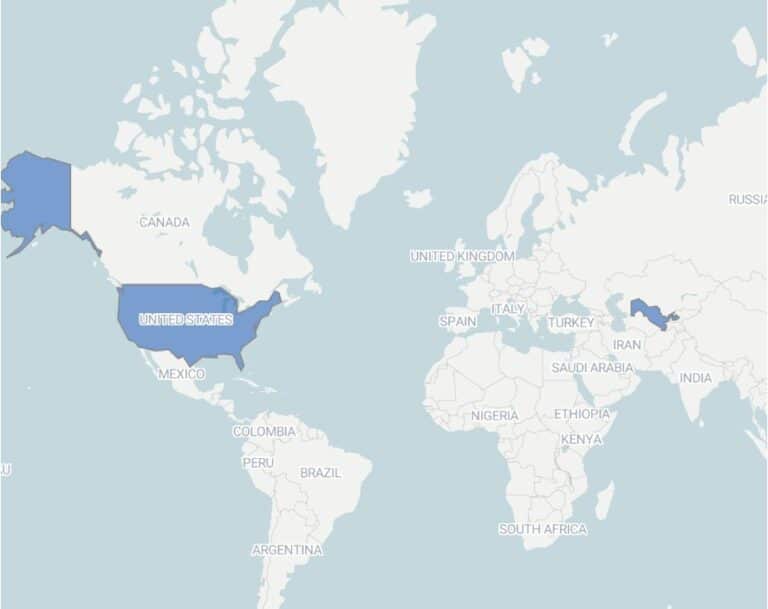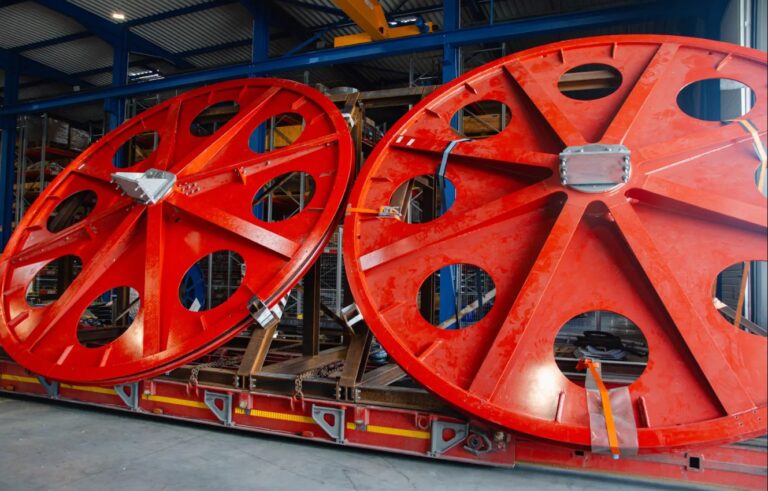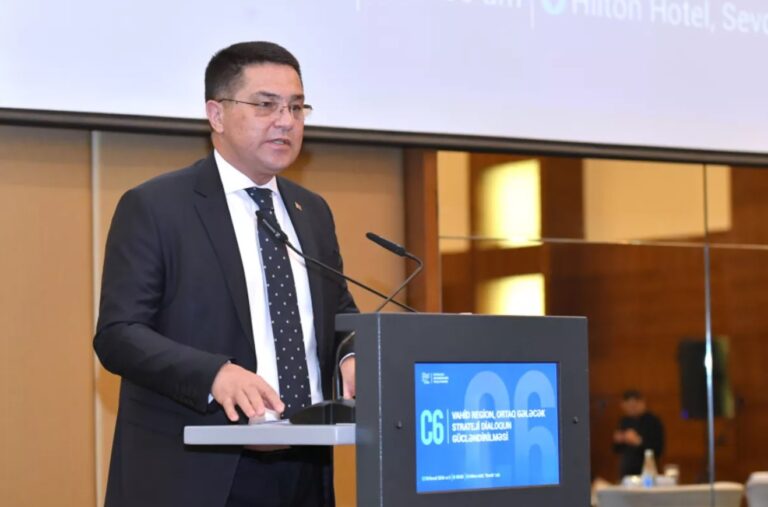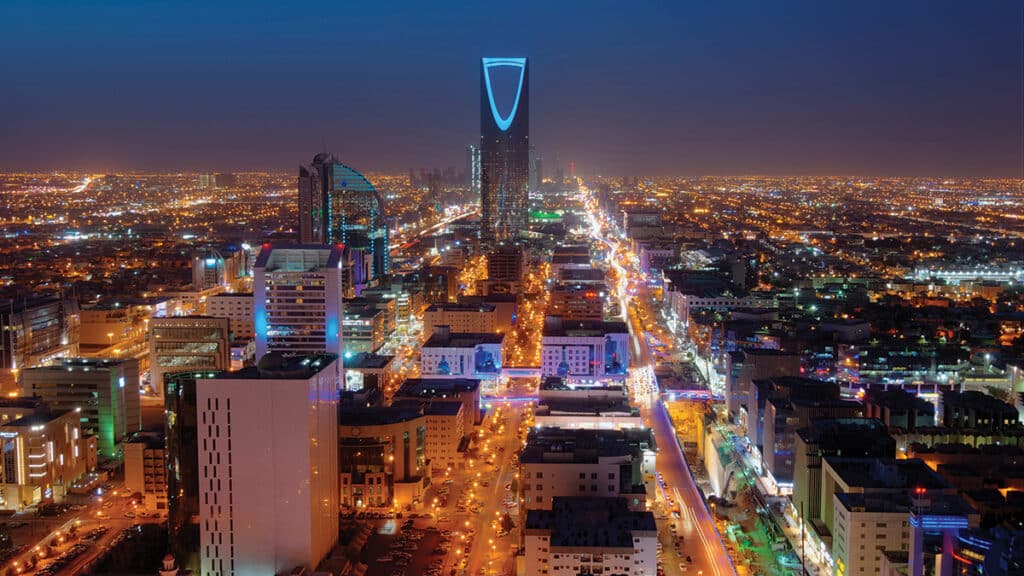
Saudi Arabia has slowed its ambitious $2 trln Vision 2030 strategy, citing lower oil prices and overspending. The plan, launched in 2016, aims to diversify the economy away from oil towards tourism, technology and entertainment.
Gigaprojects Hit by Financial Reality
Riyadh invested hundreds of billions into mega-developments, including The Line, a proposed 110-mile-long futuristic city. Vision 2030 assumed oil would remain above $100 a barrel, but prices are currently around $60, creating financial strain.
Jerry Inzerillo, an adviser to Crown Prince Mohammed bin Salman, described the adjustments as a “course correction,” noting the kingdom must now spend more conservatively. An official admitted at a recent investment forum:
“We spent too much. We rushed at 100mph. We are now running deficits. We need to re-prioritise.”
Major Projects Scaled Back or Delayed
The Line, initially planned to house nine mln people with no cars or carbon emissions, has been reduced to a few miles long for 300,000 residents. Trojena, a mountain resort intended to host the 2029 Asian Winter Games, will likely miss the deadline and open in 2032. New Murabba in Riyadh, designed for 300,000 residents, is now expected by 2040.
Some projects have been cancelled outright. The $1 bn Red Sea island resort Sindalah, which hosted a VIP launch party, was scrapped due to design flaws and excessive spending, including the use of rare crocodile skins.
Focus Shifts to Technology and Essential Projects
Despite setbacks, some deadlines remain firm. Eleven stadiums for the 2034 World Cup and infrastructure for Expo 2030 will be completed on time. Saudi Arabia continues investing heavily in technology, recently acquiring Electronic Arts for $55 bn and funding a large AI data centre project.
Economy Minister Faisal Alibrahim said priorities are shifting to sectors that matter most, including technology and artificial intelligence. Officials emphasised the need for two to three years of higher oil prices to recover financially and ensure other projects can proceed.



